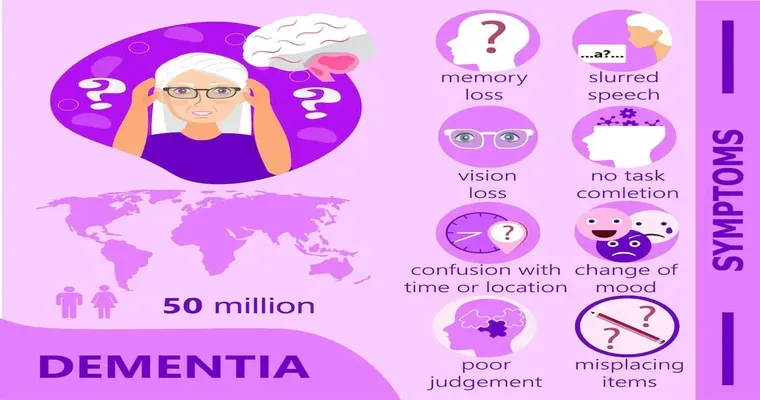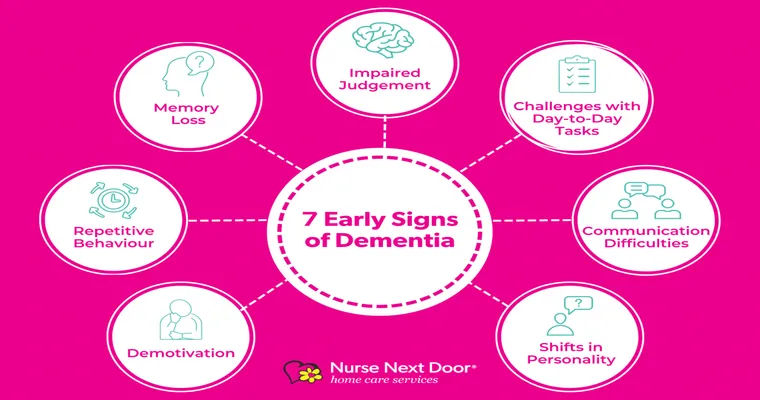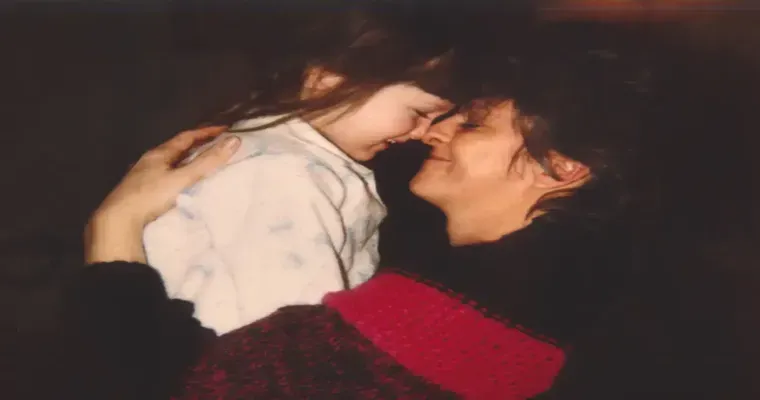Dementia can be a challenging diagnosis, not only for the individual but also for their family and loved ones. Recognizing the "earliest signs of dementia" is crucial for early intervention and support. Understanding these "initial symptoms" can help you determine when it’s time to seek professional help. This article will explore some of the common early indicators that may suggest your loved one is experiencing the onset of dementia.
One of the "first signs of dementia" is often subtle memory loss. You may notice that your loved one frequently forgets recent conversations or misplaces items. This is not just ordinary forgetfulness; it may involve difficulty recalling important dates or events that they would have previously remembered without issue. This memory decline can sometimes be dismissed as a natural part of aging, but if it becomes more pronounced, it may warrant further investigation.
In addition to memory issues, changes in mood and personality can also be among the "earliest symptoms of dementia". Your loved one may exhibit increased irritability, sadness, or anxiety. They might become withdrawn from social activities they once enjoyed, leading to isolation. These emotional changes can be distressing for both the individual and their family, highlighting the importance of monitoring any significant shifts in behavior.
Another key sign to watch for is difficulty with problem-solving or planning. Your loved one may struggle with tasks that require organization, such as following a recipe or managing finances. They might have trouble concentrating and may take longer to complete familiar tasks. This decline in cognitive function can be alarming, and it is essential to address these changes promptly.
Language difficulties can also signify the onset of dementia. If you notice that your loved one has trouble finding the right words or frequently pauses in conversation, this could indicate a cognitive decline. They may also repeat themselves or struggle to follow or join in on conversations, which can be frustrating for both them and those around them.
Changes in spatial awareness and visual perception can be early indicators as well. Your loved one may have trouble judging distances or recognizing familiar places. This can lead to difficulty driving or navigating their environment safely, raising concerns for their well-being.
Lastly, it is important to consider any significant changes in daily habits. A loved one with early dementia may lose interest in hobbies or activities they once cherished. They might neglect personal hygiene or forget to eat regularly. These changes can be distressing, and they often require gentle encouragement and support.
In conclusion, recognizing the "earliest signs of dementia" can make a significant difference in how the disease is managed. If you observe memory loss, mood changes, difficulty with problem-solving, language issues, spatial awareness challenges, or alterations in daily habits, it may be time to consult with a healthcare professional. Early detection and intervention can lead to better outcomes and improved quality of life for your loved one.





